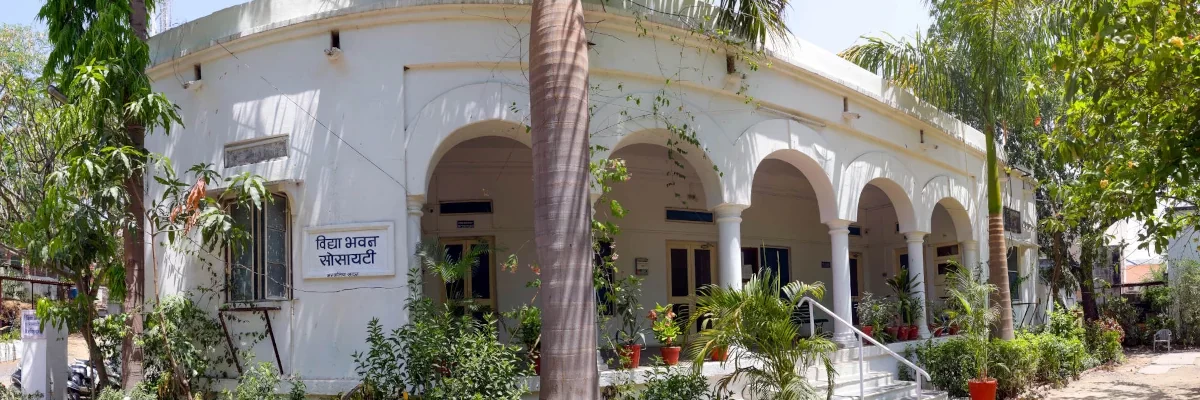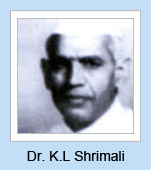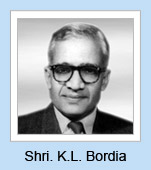Vidya Bhawan’s History




Vidya Bhawan was founded by Dr. Mohan Sinha Mehta along with his close associates Dr. K.L. Shrimali and Shri K.L. Bordia in 1931. Ahead of its time, Vidya Bhawan was modeled on the principles of Boy Scout Movement, incorporating the Gandian ideals of Basic Education. As opposed to the feudalistic society, the objective was to provide uncommon education to common children. The aim was to build a responsible citizenry capable of serving and transforming society.
Originally started as a modest effort, Vidya Bhawan has flourished into a bouquet of over a dozen institutions committed to quality and excellence in the field of education.
Dr. J.K. Taylia, President of Vidya Bhawan Society, is a veteran educationist and industrialist from Udaipur with over 50 years of experience. He served as an Assistant Professor at B.N. College for 22 years before founding the ECHON Group in 1995—India’s leading manufacturer and exporter of PVC/WPC building materials.
He also promotes education as Chairman of Darshan Dental College and founder of Turning Point School, Ajmer. A PhD in Marketing, he holds multiple postgraduate degrees and has interests in music, sports, yoga, astrology, and travel.
Vidya Bhawan Society, in its objective of creating a more just, democratic, equitable and pluralistic society, has been catering to the needs of diverse sections of learners; which is reflected in the nature and work of all its institutions.
Aims & Objects
- To promote sound education which implies the full and harmonious development of the individual according to his or her aptitude with a sense of social responsibility;
- To develop a broad and open-minded outlook on life and a healthy sense of citizenship;
- To disseminate sound ideas on education among parents, teachers, guardians, policy makers and administrators in particular and people in general;
- To conduct and promote educational experiments and research;
- To promote vocational and professional education based on employment needs of the society at large;
- To promote social, educational and economic development of rural and urban society;
- To promote adult literacy and continuing education;
- To promote environmental causes and conservation; and
- To promote values, based on equal respect for people of all races, religion, gender, social and economic background
